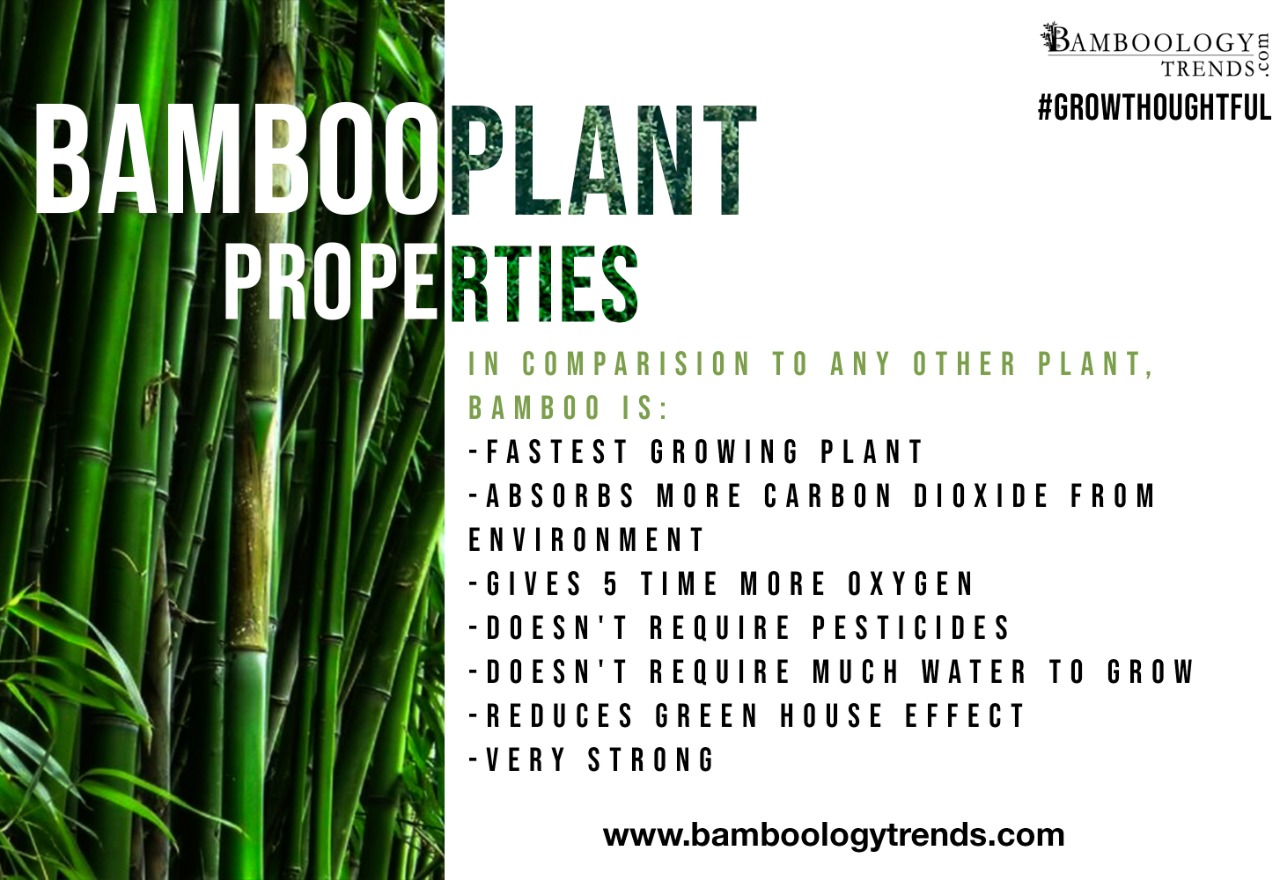
The thought of sustainability is not new, the earlier “Brundtland” Report in 1987 raised a thought process of sustainable development. The Rio Earth Summit, 'green issues' made their way into fashion and textiles publications. Typically these publications featured the work of well-known Clothing companies such as Patagonia and ESPRIT brands, who in the late 1980s brought environmental concerns into their businesses. A research agenda around sustainable fashion has been in development since the early 1990s. In 1992, the ESPRIT Eco-collection was launched at retail and it was based on the Eco Audit Guide. In 2011 the brand Patagonia ran an advertisement campaign "Don't buy this jacket" with a picture of Patagonia merchandise. This message was intended to encourage people to purchase only what they need to save nature.
In 2019, a group of researchers formed the Union for Concerned Researchers in Fashion to advocate for radical and co-ordinate research activity commensurate with the challenges of biodiversity loss and climate change. In the fall of 2019, the UCRF received the North Star Award at the Green Carpet Fashion Awards, an organization focused on the promotion of sustainability in the fashion industry.
The bamboo fiber in the textile industry has brought a revolution in the past more than a decade. When you consider it, bamboo is a very logical choice of fiber for many items of clothing because of its anti-bacterial properties as well as having excellent strength, shape stability, wash-ability, color fastness and being exceptionally comfortable against the skin, bamboo fiber also boasts the following unique properties:
Bamboo cultivation need Zero : Bamboo yarns and textiles are produced without the use of dangerous toxic chemicals and no polluting residues remain in the cloth when it finally wears out and is discarded. It comes from nature and is returned to nature in a smooth natural cycle if fiber is dyed in OEKEO certified mill. It has been grown for thousands of years without environmental needing any pesticides due to its natural antibacterial property. Very few crops can make this claim like linen, Hemp, and Bamboo that they are purely sustainable. Bamboo grows very fast and reaches its full maturity and height within 3 years. It has a tensile strength quite similar to mild steel but converting bamboo wood into viscose fiber affects its tensile strength. Bamboo clothing is moth resistant unlike cotton and other viscose fabric because of its antibacterial property.
UV rays protection: Compare to cotton Bamboo fabrics has 60% higher UV rays protection. UV rays cause premature aging of the skin and signs of sun damage such as wrinkles, leathery skin, liver spots, and solar elastosis. In other words, we can say bamboo is anti-aging and protect skin and hairs health.
Bamboo has Anti-Bacterial properties: Japanese scientists have found, is a unique anti-bacterial agent of bamboo named “bamboo Kun or Lignin”. This substance, combined with the tight molecular structure of bamboo fibers, is believed to give it its anti-bacterial and bacteriostatic properties – which are not diminished even after more than 50 washes! Introduced bacteria on the bamboo fabric were reduced to less than 0.1% of the introduced number in 24 hours whilst introduced bacteria on cotton fabric multiplied to 550 times the introduced number, also in 24 hours. Post Covid-19 societies are very conscious about health and looking forward to anti-bacterial and healthy lifestyle products.
Bamboo is Anti-odor: Bamboo fiber has great absorbance with thermo-control property which keeps the wearer cool and dry. its great absorbency and antibacterial property make bamboo clothing anti-odor. Bamboo fiber is the best solution for activewear, innerwear, and workwear.
Ultra-soft: Fibre is lustrous soft, limp, and drape-able. Bamboo fits well to produce Sustainable luxurious and classic product lines. Bamboo protects human health as well as the planet. The bamboo farming improves soil nutrient, increase the oxygen level in the air and reduce carbon dioxide. bamboo absorbs 5 times more carbon dioxide compare to any other similar size plan and releases 35% more oxygen compared to any other similar size plan.
Save water: Water is life. We should be very careful of using it while we know that we have only 2.4% usable water and the textile or cotton industry is badly exploring this resource. The process of growing bamboo versus growing cotton is much less water-intensive. Bamboo requires one-third the amount of water to grow than is required for cotton. We save 2700 Liters of water by replacing one cotton T-Shirt with bamboo.